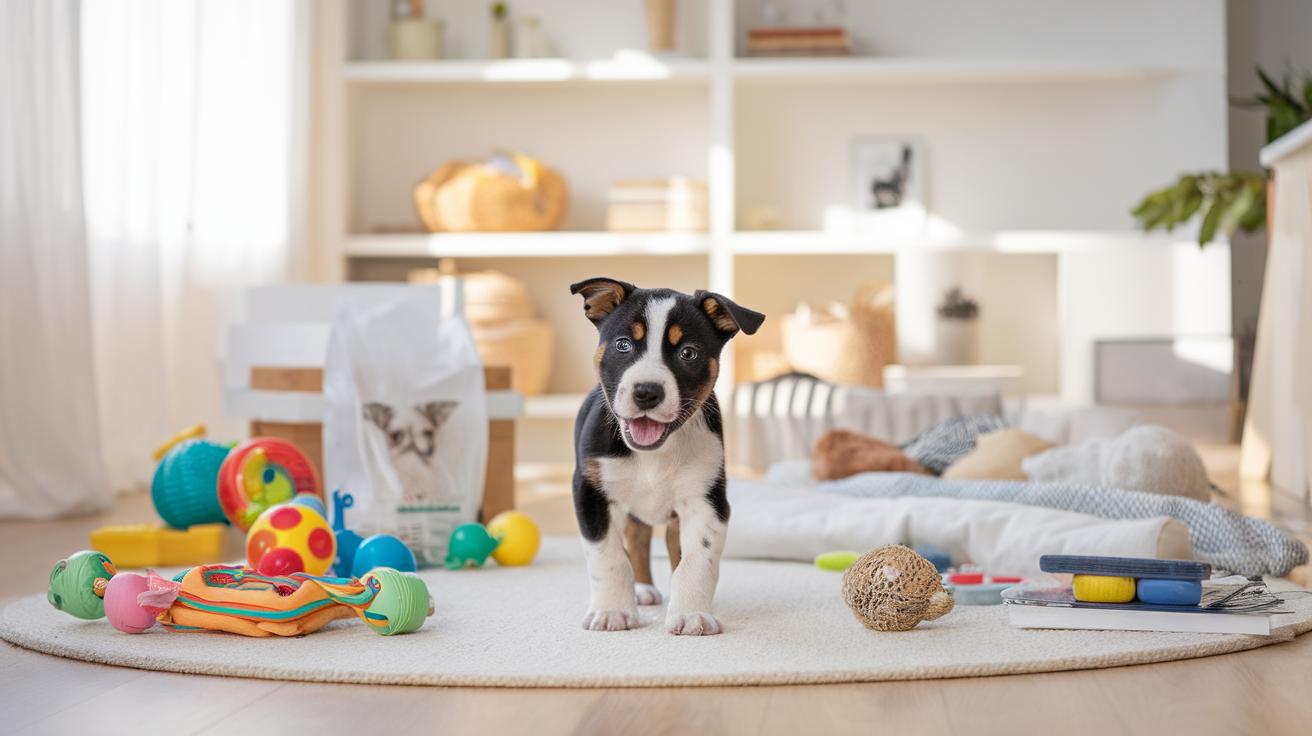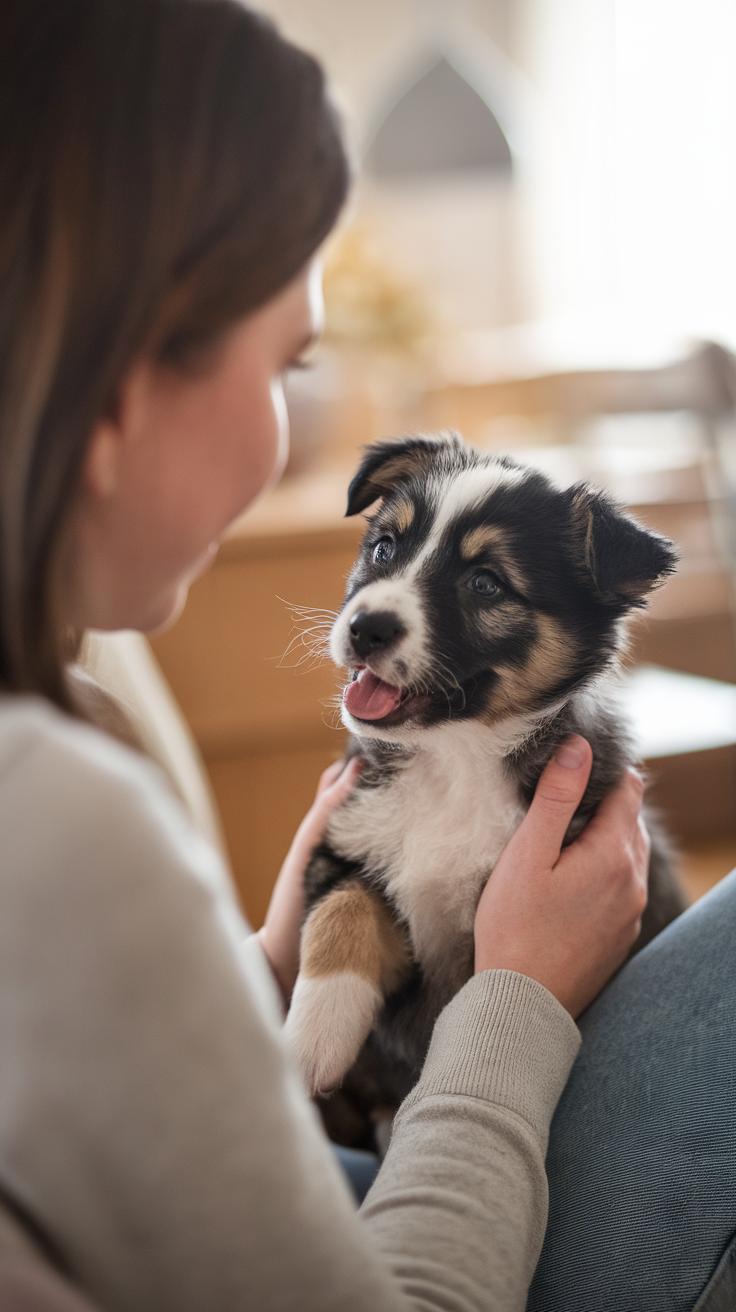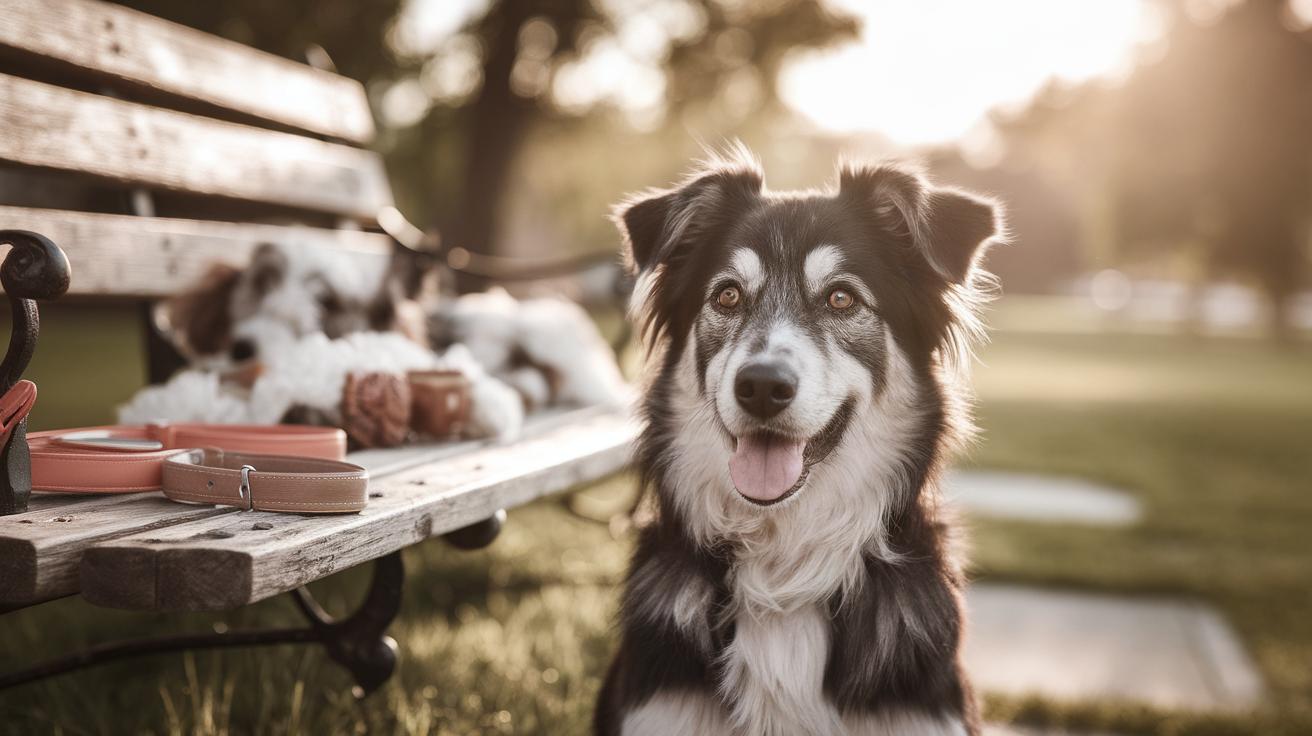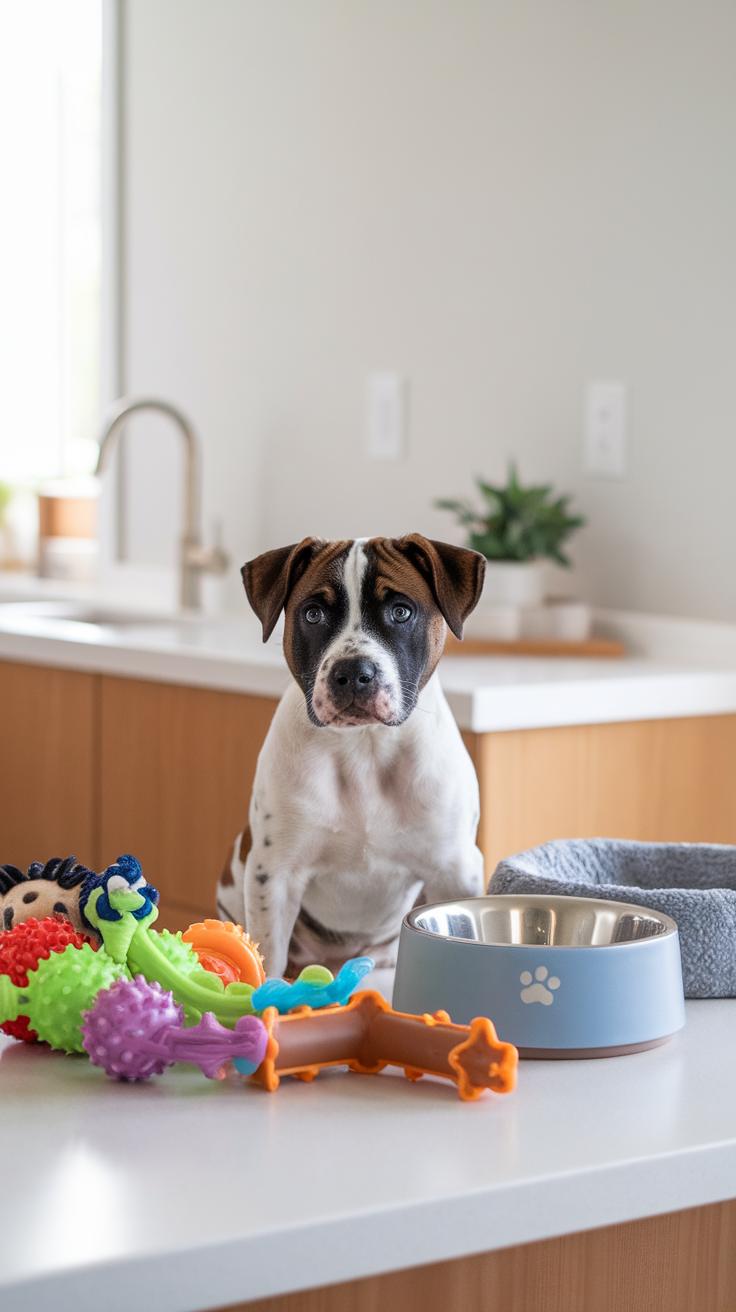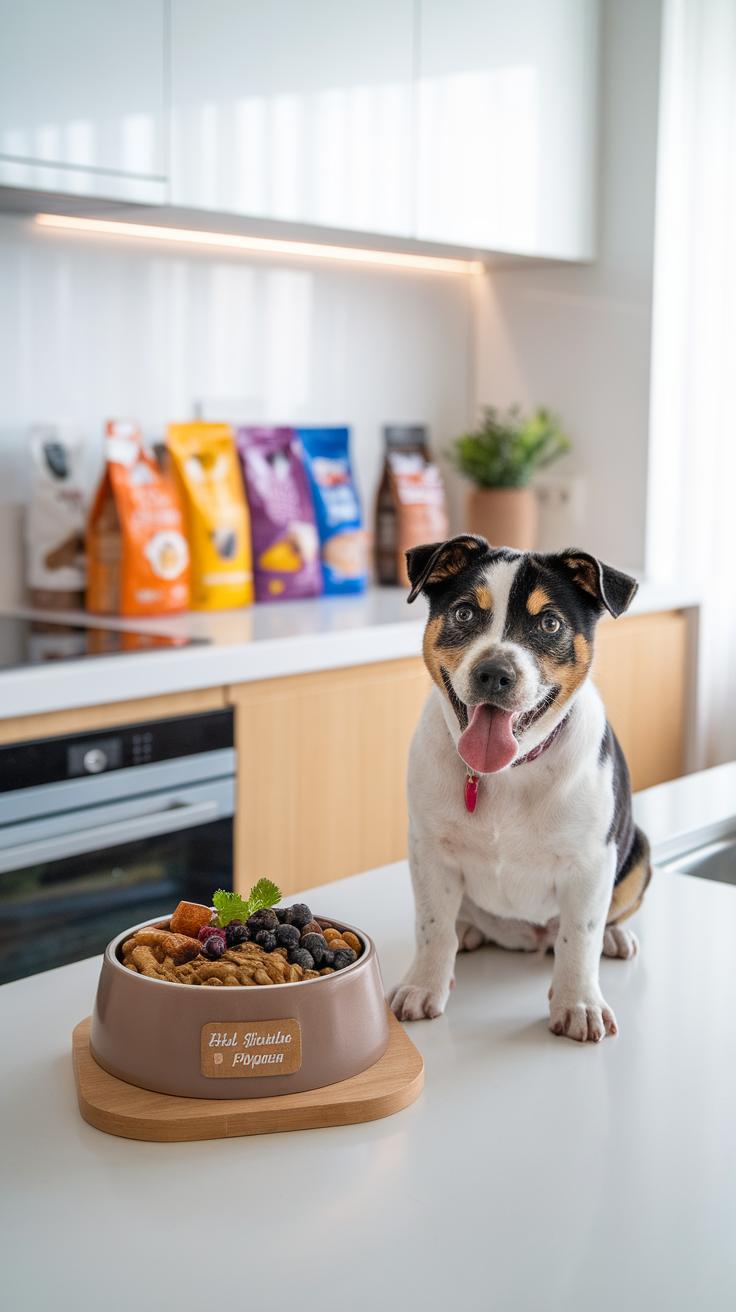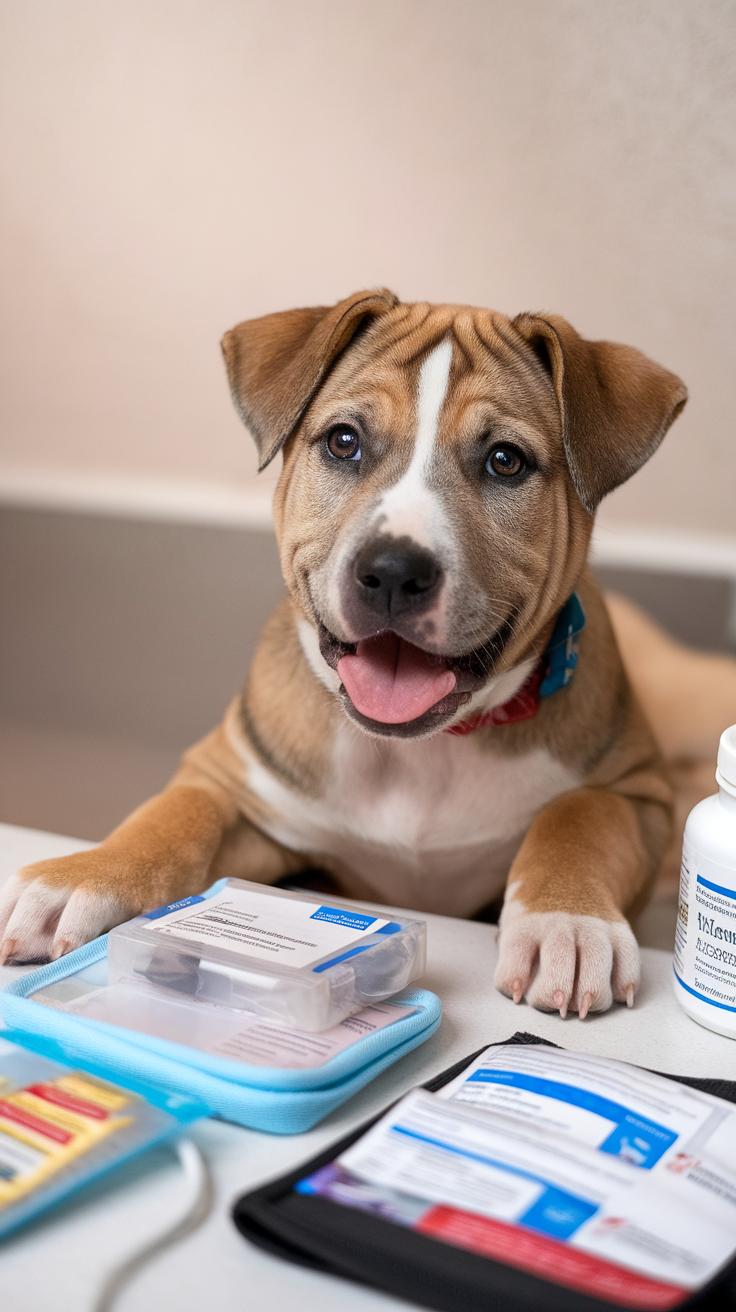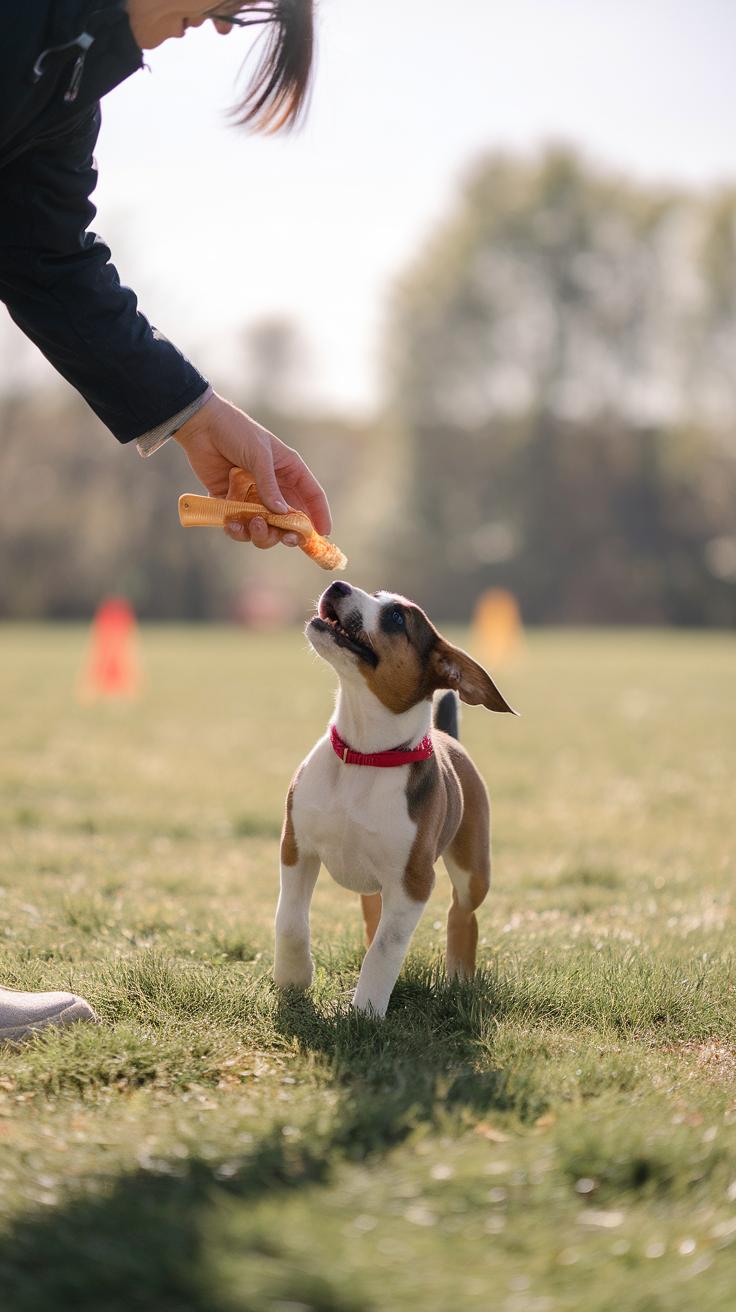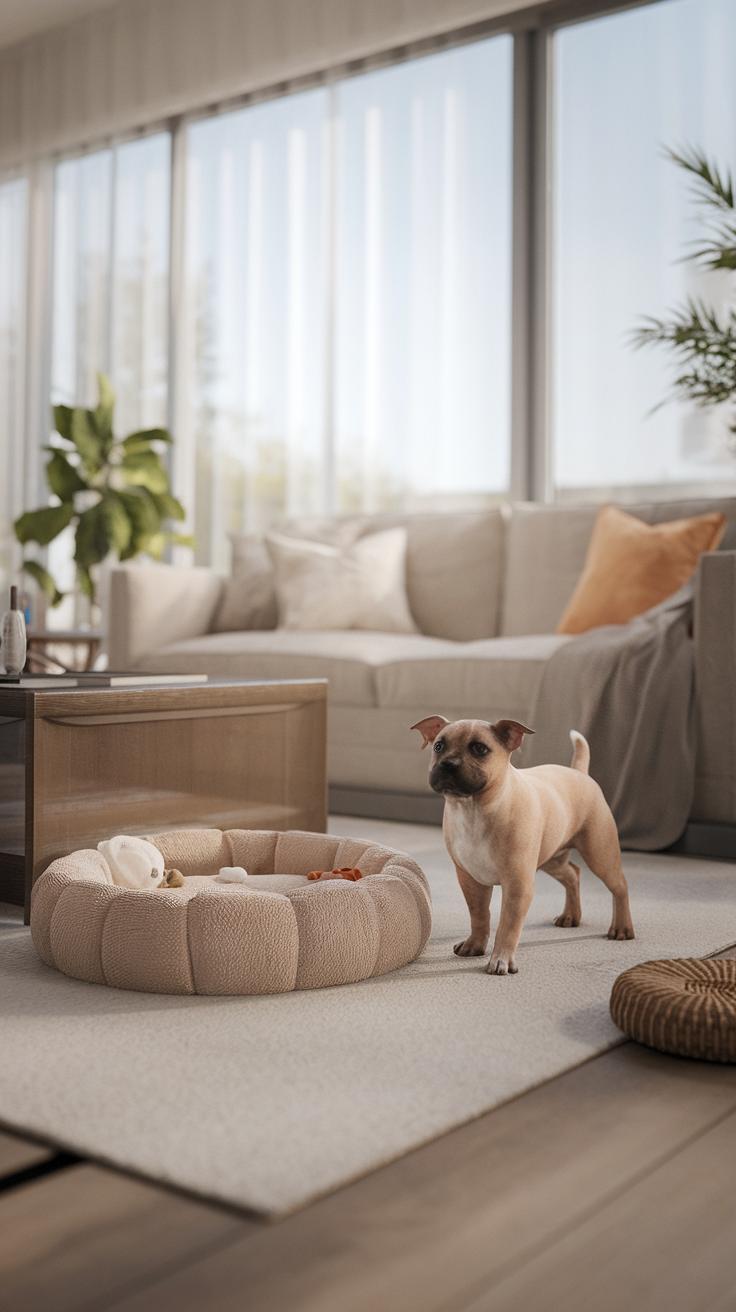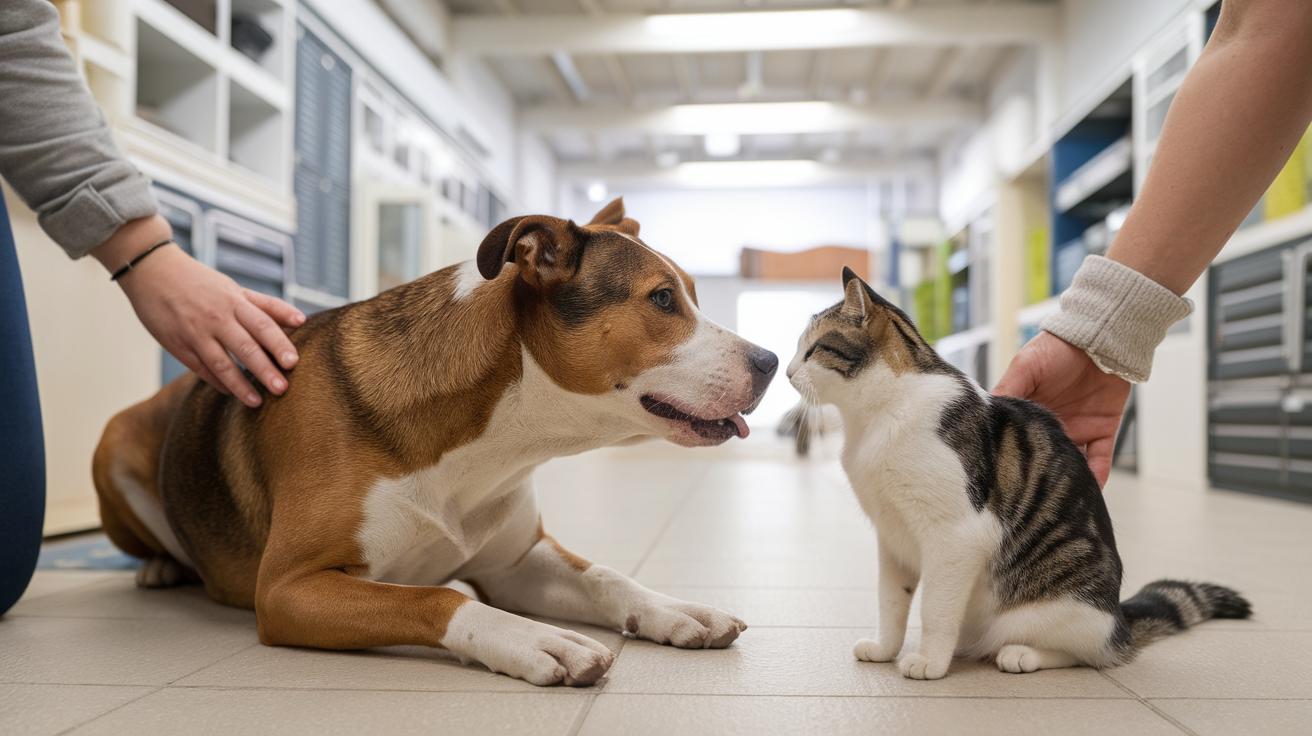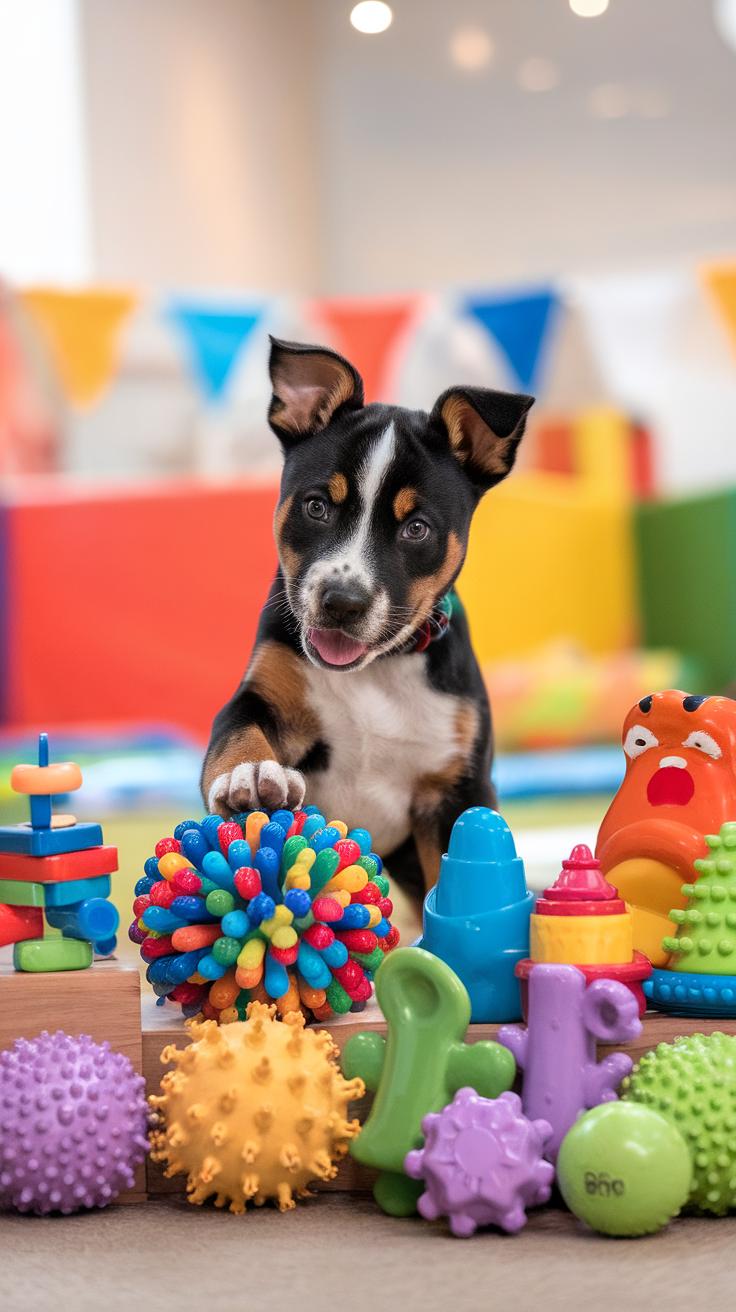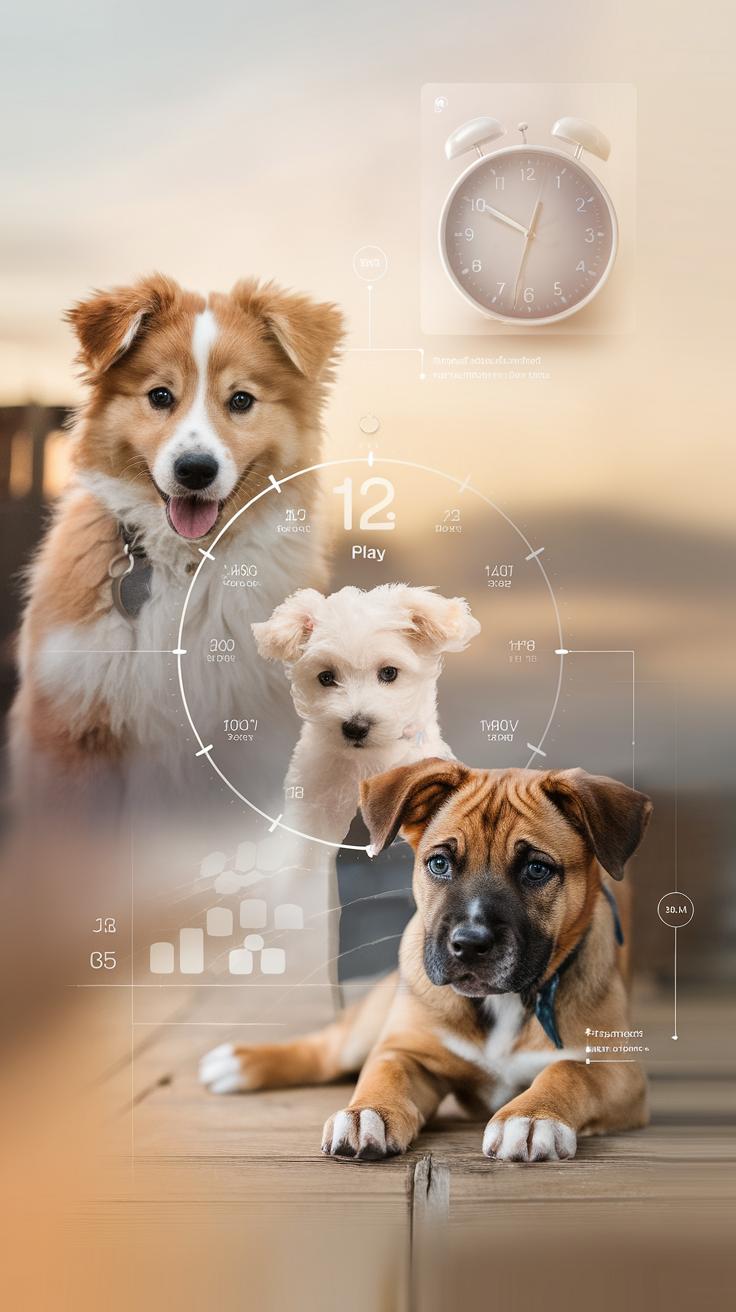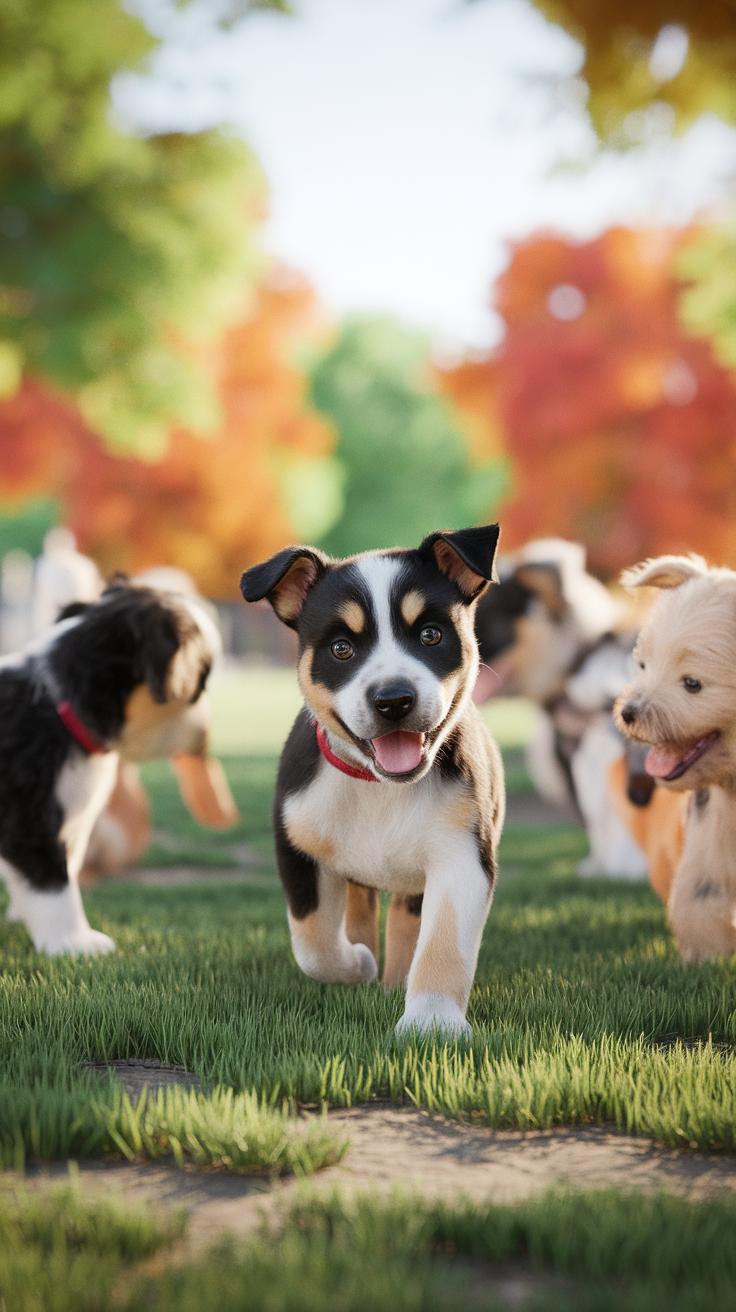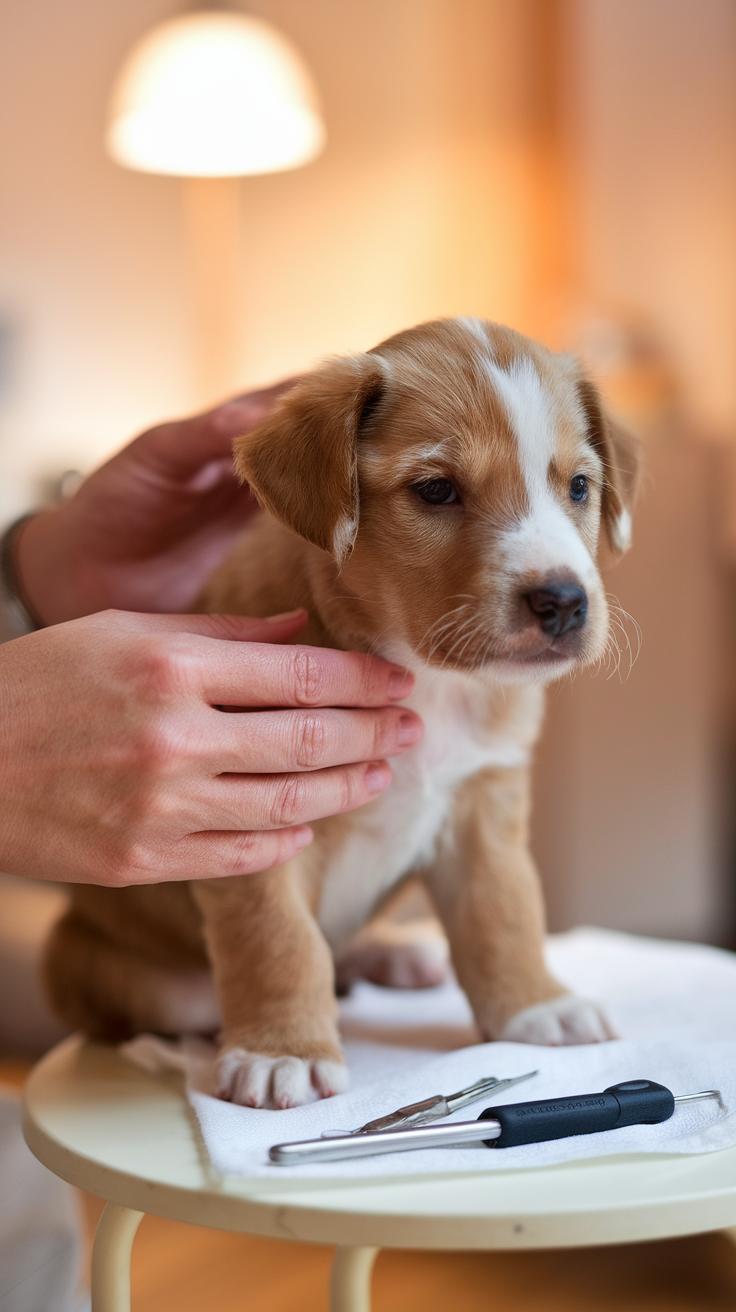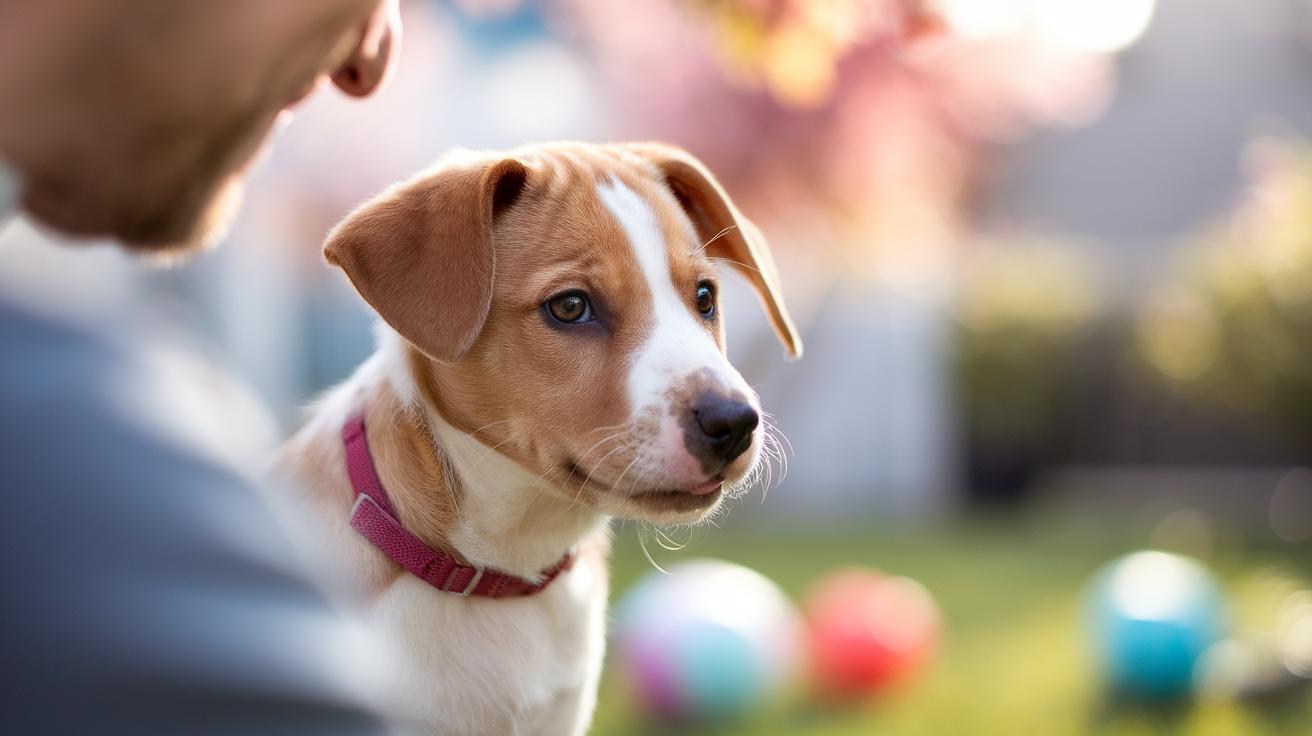Introduction
Welcoming a puppy into your home is an exciting adventure that brings joy and companionship. However, it also requires careful preparation and an understanding of the essential needs of your new pet. From understanding the right puppy essentials to ensuring a comfortable living environment, every new owner must be equipped with vital information that fosters a healthy, happy relationship with their furry friend. This article provides a thorough overview of the necessary items and considerations that will help your puppy thrive in their new home.
In this guide, we delve into the must-have puppy essentials that cover various aspects of your puppy’s life, including nutrition, training tools, socialization needs, and health awareness. Learning about these essentials is crucial for first-time owners and seasoned pet enthusiasts alike. Although the journey may seem overwhelming, being well-informed will not only ease the transition for your puppy but also create a nurturing environment where they can flourish.
Understanding Puppy Needs Physical Emotional and Social Requirements
Providing a loving home for a puppy necessitates a comprehensive understanding of their physical, emotional, and social needs. Physical requirements include proper nutrition, regular exercise, and necessary veterinary care, which together ensure healthy growth and development. Puppies also need safe environments where they can explore and play, helping them develop their physical capabilities and coordination.
On the emotional front, puppies thrive on affection and positive reinforcement. Building a strong bond with their human guardians is crucial for their confidence and overall well-being. Puppies are inherently social animals; interaction with both people and other dogs is vital for their social development. Understanding these needs prepares new owners to foster a nurturing environment where puppies can flourish, ultimately leading to happier, healthier pets. Meeting these fundamental requirements early on sets the tone for a lifelong, harmonious relationship.
Essential Supplies for Your Puppy MustHave Items for New Owners
Welcoming a new puppy into your home requires an array of essential supplies to ensure their comfort and safety. A sturdy collar and leash should rank high on your list, as these items are vital for training and daily walks. Opt for a collar that fits snugly but comfortably, allowing space for two fingers between the collar and the puppy’s neck.
Crates and Bedding: Creating a Safe Haven
A crate serves multiple purposes: it provides a secure space for your puppy, aids in house training, and offers a cozy environment for resting. Choose a crate that allows your puppy to stand, turn, and lie down comfortably. Coupled with supportive bedding, this setup will make your puppy feel safe and at home.
When selecting toys, prioritize durability and safety, especially chew toys that promote healthy teeth and gums. Food and water bowls should be non-slip and easy to clean, while a grooming brush will help maintain your puppy’s coat. Each of these essentials plays a significant role in your puppy’s successful adjustment to their new environment.
Selecting Nutritious Food for Puppies The Right Diet is Vital
Understanding Puppy Nutritional Needs
Choosing the correct food for your puppy plays a critical role in their development and overall health. Puppies require a diet specifically formulated for their unique nutritional needs, which differ markedly from adult dogs. Look for dog food labeled as “complete and balanced,” indicating it meets the standards set by the Association of American Feed Control Officials (AAFCO). High-quality protein sources, such as chicken, lamb, or fish, should be among the top ingredients. It is advisable to avoid fillers like corn or soy, which can lack nutritional value.
Key Components of Puppy Food
Quality puppy food should also contain healthy fats, vitamins, and minerals to support growth and a healthy immune system. Ingredients such as omega fatty acids contribute to healthy skin and a shiny coat. Additionally, complex carbohydrates, like brown rice or sweet potatoes, provide the necessary energy for your puppy’s playful antics. Regularly consulting with your veterinarian about your puppy’s dietary needs will help ensure their growth and longevity.
Health Care Essentials Ensuring Your Puppys Wellbeing
Paw-sitive Health Care Practices
Owning a puppy necessitates a thorough understanding of health care essentials. Ensuring that your furry companion receives appropriate vaccinations is vital for preventing illnesses. Puppies typically require a series of vaccinations, including those for distemper, parvovirus, and rabies, administered by a veterinarian at specific intervals. Regular vet visits should be scheduled to monitor growth, health, and to establish a vaccination routine.
Preventive measures should not be overlooked. Routine flea and tick prevention is essential, alongside heartworm prevention to protect against common parasites. Regular check-ups help catch potential health issues early, facilitating timely treatment. Investing in a good health care routine supports your puppy’s growth and sets a solid foundation for a long and healthy life together.
Training Tools and Techniques Maximizing Success in Puppy Training
Effective Training Tools
Fostering a well-behaved puppy begins with the right training tools. A high-quality leash and collar are fundamental for controlling your puppy during walks and outings. Select a collar that fits comfortably and securely, or consider a harness, especially for smaller breeds. Training treats serve as an excellent motivation; opt for small, soft treats that are easy to chew. Clickers can also be beneficial, enabling you to mark desired behaviors promptly. These tools not only facilitate effective communication but also strengthen the bond between you and your new furry friend.
Positive Reinforcement Techniques
Applying positive reinforcement techniques is crucial for successful puppy training. This approach focuses on rewarding desirable actions rather than punishing undesirable ones. When your puppy follows commands or exhibits good behavior, promptly offer praise, treats, or playtime. Consistency is key; ensure all family members use the same commands and rewards to avoid confusing your puppy. Incorporating short, engaging training sessions helps maintain your puppy’s attention and enthusiasm. Using a relaxed, encouraging tone will create a positive atmosphere, making learning enjoyable for your pup.
Creating a Safe Home Environment Essential Tips for New Puppy Owners
Preparing Your Home for Puppy Safety
Before welcoming your new furry companion, it’s vital to evaluate your home for potential hazards. Puppies are naturally curious and will explore their surroundings, so securing hazardous items is the first step. Store away cleaning supplies, medications, and sharp objects in inaccessible cabinets. Consider using baby gates to restrict access to stairs or rooms where you don’t want your puppy roaming freely.
Electrical cords should be tucked away or covered, as chewing on them can pose serious risks. Remove small items that could be swallowed, such as coins or buttons. Utilize dog-proof trash cans and ensure window screens are secure to prevent accidental escapes. Each of these adjustments contributes significantly to a secure environment where your puppy can thrive.
Creating Comfort and Security
Designating a safe space, like a cozy crate or bed, allows your puppy to relax and feel secure. Choose a quiet area where they can retreat when feeling overwhelmed. It’s also advisable to use non-toxic plants, as some common houseplants can be harmful to pets. Implementing these changes not only protects your puppy but also fosters a nurturing home environment that encourages happy and healthy development.
Toys for Mental Stimulation Essential Toys for Your Puppy
Engaging your puppy’s mind is just as important as physical exercise. A well-stimulated pup will be happier, less prone to behavioral issues, and more eager to learn. Selecting toys that promote mental stimulation allows your furry friend to explore, learn, and satisfy their natural curiosity. Puzzle toys, for example, can challenge your puppy to figure out how to retrieve treats, keeping them entertained for hours.
Interactive toys, such as squeaky or crinkle toys, can spark your puppy’s interest and encourage playful activities. Chew toys not only help puppies with teething discomfort but also keep them occupied and mentally engaged. Think about including toys that mimic prey, like a flirt pole, to cater to their instinctive chasing drive. These activities not only redirect their energy but also build problem-solving skills, enriching their overall experience in your home.
Building a Routine The Importance of Establishing a Daily Schedule for Puppies
Creating Consistency for Your New Puppy
Establishing a daily routine is vital for your puppy’s overall development and well-being. A structured schedule helps your little one understand what to expect throughout the day, promoting a sense of security. Routine encompasses feeding times, play sessions, and bathroom breaks, all of which contribute to better behavior and faster training. Without a clear routine, puppies may feel anxious, leading to unwanted behaviors such as excessive barking or chewing.
Benefits of a Regular Routine
With a consistent daily routine, your puppy will learn essential commands and boundaries more effectively. Incorporating training sessions into your schedule can enhance mental stimulation and address behavioral issues. Additionally, regular exercise and playtime improve physical health and foster strong bonds between you and your puppy. As you establish your routine, stay flexible to adjust for your puppy’s growing needs, ensuring both fun and structure in their daily life.
Socialization and Interaction The Importance of Engaging Your Puppy
Why Socialization Matters
Socializing your puppy is fundamental for developing a well-adjusted adult dog. Exposure to various people, environments, and other animals during their critical developmental period helps alleviate fear-based behaviors. Frequent and positive interactions reduce anxiety and promote confidence, leading to a more manageable pet. Consider taking your puppy to parks, or puppy classes, or inviting friends over for playdates. Each new experience contributes to shaping their personality and behavior, enhancing their adaptability in different situations.
Interacting with Other Animals
Establishing connections with other animals can immensely benefit your puppy’s social skills. Supervised play with other friendly pets can teach valuable lessons about communication and boundaries. Caution is necessary—ensure interactions are positive and controlled to prevent accidental aggression or fear responses. Gradually introducing your puppy to new dogs will foster mutual respect, helping them learn proper canine etiquette. A well-socialized puppy is not only happier but will also contribute positively to your household and community.
Monitoring Health and Behavior A Guide to Your Puppys Wellbeing
Understanding Your Puppy’s Health
Vigilance is key when monitoring your puppy’s health. Regularly check for signs of illness, such as changes in appetite, energy levels, or bathroom habits. A sudden shift in behavior, like excessive barking or withdrawal, may indicate discomfort or anxiety. Keeping a daily log of your puppy’s eating, sleeping, and play patterns can help identify unusual changes over time. Providing a comfortable and safe environment plays a crucial role in reducing stress, which is vital for a growing puppy.
Behavioral Monitoring
Observing your puppy’s behavior closely helps to foster a healthy emotional state. Socialization is important; watch how your puppy interacts with other pets and people. If your puppy displays fear or aggression, it might require additional training or exposure to various environments. Seeking professional guidance for behavioral issues can lead to positive outcomes, ensuring your puppy grows into a well-adjusted adult dog. Establishing a routine can promote stability and security, benefiting both health and behavior.
Conclusions
Preparing for a new puppy involves much more than just purchasing toys and food. A successful transition requires a blend of thoughtful selection of puppy essentials, knowledge of care practices, and a nurturing attitude. By taking the time to understand what your puppy needs, you can build a solid foundation for a lifelong companionship filled with love and joy. Never underestimate the importance of being proactive in your preparations.
By aligning your efforts with the insights shared in this guide, you are ensuring that your puppy receives the best start possible in life. Equip yourself with these essentials, embrace the journey of pet ownership, and foster an environment where your puppy can thrive, learn, and develop into a beloved family member.

